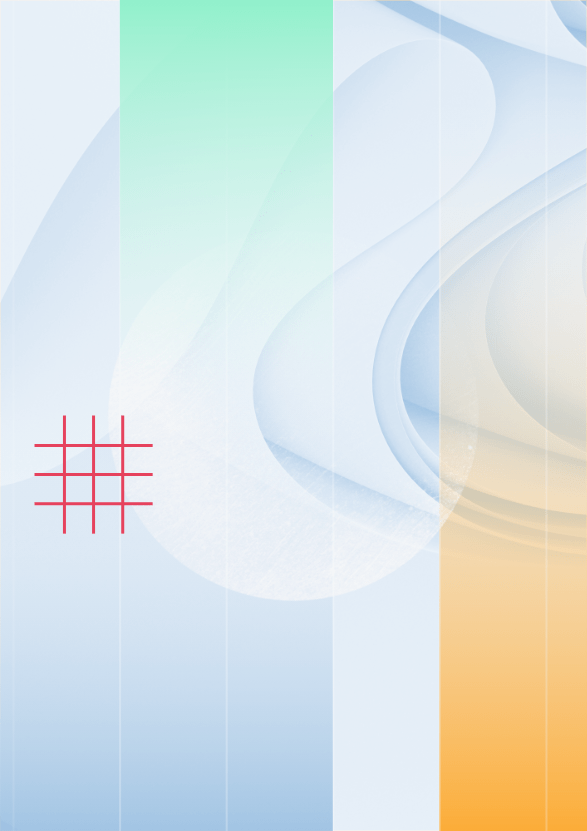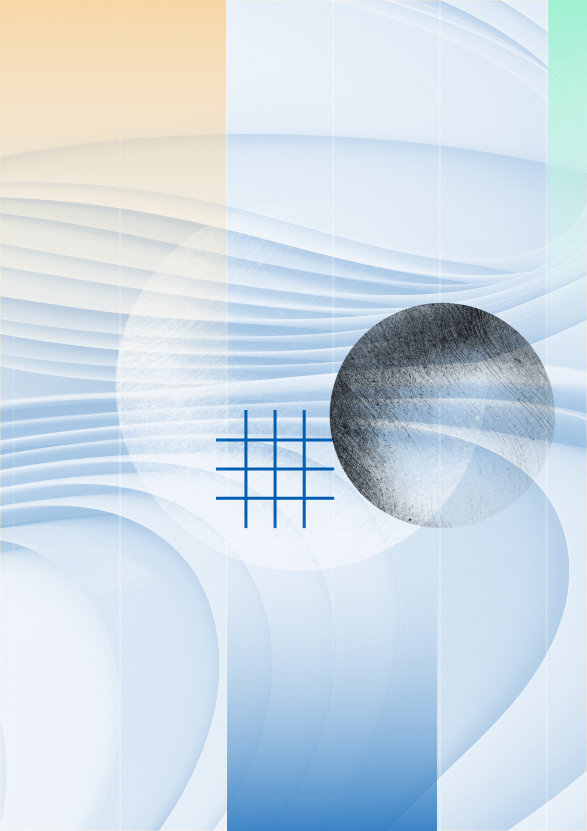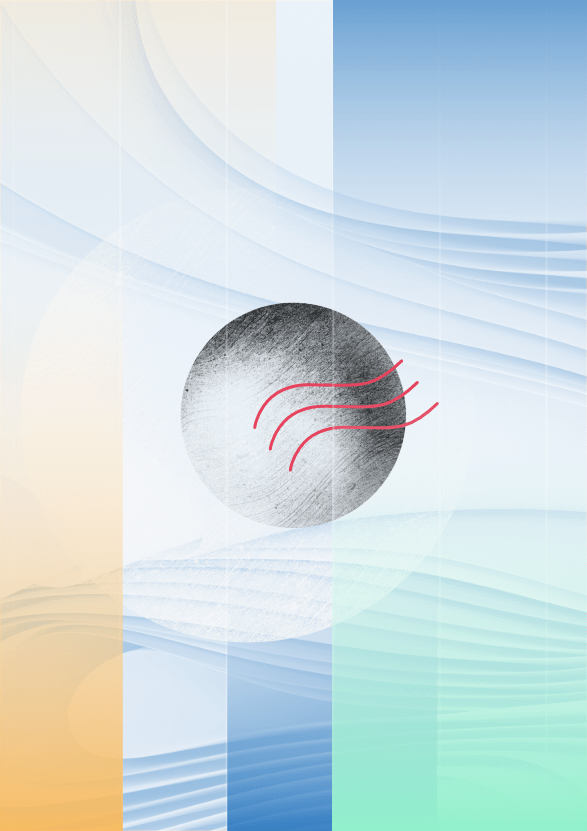

The Digital Services Coordinator – The New German Guardian
Florian Bochert
Since mid-May, Germany has a new guardian – the DSC. Although one may expect otherwise, this abbreviation has nothing to do with football or a reality TV show. Instead, it stands for the new Digital Services Coordinator. This name may not be particularly catchy, but the DSC will most certainly make the life of all internet users much easier. But what exactly is the DSC and what does it do?
The DSC ensures that the provisions of the EU Digital Services Act are implemented appropriately. In another blog post, Cathleen provides us with a more detailed description of the Digital Services Act, which entered into force in February. As EU law, the Digital Services Act must be implemented on a national level by each EU member state. In Germany, this implementation happens through the DSC as a new department of the German Bundesnetzagentur (the country’s infrastructure agency). The DSC makes sure that online platforms actually follow the Digital Services Act and that individuals can use the internet freely and safely. In this sense, it is the German guardian of the Digital Services Act.
To ensure the implementation of the Digital Services Act, the DSC has different tasks. For instance, it offers a complaint form, supervises so-called “trusted flagger” and dispute resolution offices, approves requests for data access, and coordinates itself with the European Commission. We will look at each of these tasks in turn.
To most of us, the complaint form is probably the most relevant. Through this form, users can report potential violations of the Digital Services Act that they notice on the internet. Such violations could be present if:
- Terms of Use are not present or not easily understandable,
- Advertisements are not clearly labeled,
- Algorithms for content recommendation are not clearly and comprehensively explained,
- A platform has no reporting procedure for illegal content,
- Shared content is blocked or an account is closed without proper explanation, or
- A platform does not allow for complaints against the blocking of content or the closure of accounts.
In each of these cases, we can notify the DSC through the complaint form. Yet, the DSC is not responsible for deleting illegal content from the internet – this needs to be done by the platform on which the content was posted. The DSC can only intervene if the platform does not fulfill its duty in taking sufficient measures against such illegal content. At the same time, the DSC supervises so-called “trusted flagger” – organizations with special expertise that support online platforms in identifying illegal content.
Apart from such “trusted flagger,” the DSC also supervises extrajudicial dispute resolution offices. These offices serve as independent institutions that can resolve disputes between platforms and users in a fair, fast, and transparent manner. Additionally, the DSC can approve requests for data access from scientists that want to use the data from very large online platforms and search engines for scientific purposes. Finally, the DSC regularly coordinates itself with the European Commission so that the Digital Services Act is implemented comparably across EU member states.
Overall, the DSC is an important institution that we should definitely keep an eye on. So far, it is uncertain how this new role will be interpreted and how much influence it may have. Many consider the Digital Services Act to be a crucial legislative milestone. Yet, whether this EU law is successfully implemented massively depends on the DSC. Therefore, the DSC must be equipped with enough resources to be able to fulfill its mandate. As users, we can at least partially contribute to the success of the DSC by using its complaint form. You can find a link to the complaint form here and more information about the DSC here.




